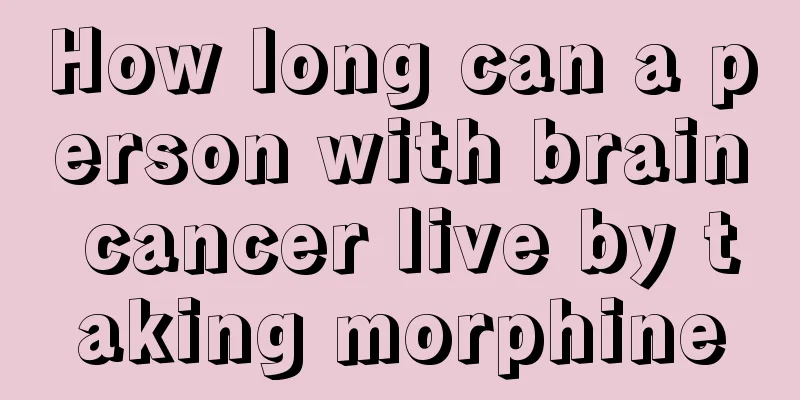What is the cause of diffuse idiopathic skeletal hyperostosis

|
Diffuse idiopathic skeletal hyperostosis, also known as obligatory skeletal hyperostosis, is a disease that is particularly susceptible to middle-aged and elderly men. When suffering from the disease, it can cause symptoms such as stiffness in the neck, waist, back and peripheral joints, and pain in the limbs. 1. Causes The cause of this disease is unknown. Although there have been reports of familial cases, they are rare. Research data suggest that the disease may be caused by mechanical factors acting on certain attachment points, but more and more data show that systemic growth and metabolic abnormalities are risk factors for this disease. In addition to the early report by Forestier that this disease is associated with obesity, the association between this disease and impaired glucose tolerance and adult-onset diabetes has recently been confirmed. 2. Clinical manifestations The disease has an insidious and slow onset with mild symptoms. There is generally no special discomfort in the early stage of the disease. Mobility is limited after fatigue, cold or long-distance car ride, and there may even be stiffness in the neck, back and peripheral joints and pain in the limbs. When calcaneal, olecranon osteophytes or talar spurs appear, heel pain, elbow pain or foot pain may occur; sometimes tendon enditis occurs at the attachment of tendons, ligaments and bones, causing pain. A notable feature of this disease is that the clinical symptoms are milder than the X-ray manifestations. Treatment Asymptomatic DISH patients with only X-ray manifestations do not require drug treatment, but they must strengthen the protection of the spinal joints and perform appropriate activities. Those with obvious symptoms can be treated symptomatically, such as physical therapy or nonsteroidal anti-inflammatory drugs. For patients with symptoms of nerve compression or severe limitation of joint movement, removal of hypertrophic osteophytes or ossified ligaments may be considered. 1. Avoiding obesity plays a positive role in the prevention and treatment of this disease. Drugs that cause increased blood sugar and increase the risk of cardiovascular and cerebrovascular diseases, such as thiazides, beta-blockers, exogenous insulin, etc., should be avoided. Avoid heavy drinking. 2. The disease is mainly treated symptomatically and with complications. Non-steroidal drugs and other analgesics can be used to relieve pain and stiffness. The principles and usage are the same as those for the treatment of osteoarthritis. In addition, low-dose chemotherapy has a certain effect on patients with obvious local ligament ossification; local injection of corticosteroids can be used for patients with obvious pain in the peripheral attachment area and who are not effectively treated with non-steroidal drugs. If the new bone forms and blocks or compresses other tissues, causing serious complications such as spinal cord compression and spinal cord lesions, surgical treatment may be considered. |
<<: What are the early symptoms of pharyngitis
>>: Facial cleanser got into eyes, do you know the correct way to wash your face?
Recommend
What are the acupuncture points for detoxification
There are acupoints in every part of our body, an...
What is fish maw? It has many benefits
Fish maw is a very nutritious food and a luxury f...
Which methods are effective in treating lung cancer? There are 3 methods to treat lung cancer
Lung cancer is a malignant tumor that grows in th...
Can neurasthenia and insomnia heal itself?
There are many reasons for insomnia, such as stre...
The correct way to use conditioner
Many people have frizzy and dry hair, so they buy...
What are the oral chemotherapy drugs for brain cancer
Tumors that grow in the skull are generally calle...
How many courses of chemotherapy are best after gastric cancer resection?
How many courses of chemotherapy are optimal afte...
How long after the IUD is removed is it suitable for pregnancy?
Many men and women whose careers are on the rise ...
One thing you must do before flushing the toilet
Dr. Philip Terno of New York University pointed o...
Can natural forehead wrinkles be removed
Many people will find wrinkles on their forehead ...
Is acute lymphangitis serious?
I believe that every citizen will encounter illne...
How many years can a thyroid cancer patient live without surgery
Without surgery, patients with thyroid cancer may...
Beware of five types of food poisoning in summer
The temperature is high in summer and the bacteri...
What should liver cancer patients pay attention to in their diet? Revealing the four dietary precautions for liver cancer
When it comes to cancer, everyone will shudder. T...
Sudden fever and then spontaneously subsided
Fever is very common around us, especially people...









